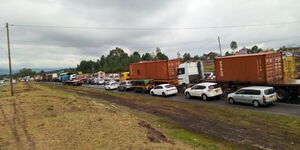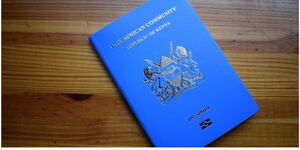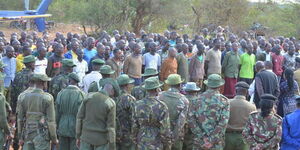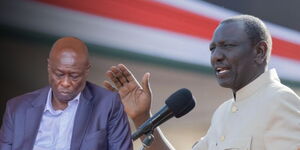A total of 19,065 retail shops have ceased operation in Nairobi over the last 8 months due to the vagaries of Covid-19 pandemic.
The survey conducted by a group of NGOs including the Kenya Red Cross released at the end of November 2020, detailed the impact of the pandemic on the retail industry in the Kenyan capital.
The proportion of retailers that reported facing demand and supply challenges at the time of data collection at (84%) had increased from 81% in September.
Retailers were asked if they knew of any shops that had closed down close to their stand as a result of Covid-19 related challenges.
Between March and June 2020, an estimated 4,495 businesses had reportedly closed down, followed by an additional 3,305 in July, 2965 in August, 3,335 in September and 4,965 in October 2020.
Most common challenges faced by local communities in assessing markets including low purchasing power (86%), items are too expensive (7%), fear of contracting the Covid-19 (6%) and lack of basic items (1%).
The report also revealed that despite a slight drop in the price of food items such as maize and beans during the research period, some items had recorded a significant hike.
"The average price of goat meat and cattle meat was reportedly Ksh 520 and Ksh 440 which was an increase from Ksh 500 and Ksh 400 in September respectively," the report reads in part.
It further detailed the MEB (minimum expenditure basket) for Nairobi. MEB is used as an operational tool to identify and quantify the average minimum cost of basic needs of an average Kenyan household
The Nairobi urban MEB is based on a typical Kenyan household in Nairobi, consisting of three household members. This shifts to 4 members when it comes to informal settlements.
Total cost of Nairobi informal settlements MEB averaged at Ksh12,495 per month. This included costs like daily transport, sugar, electricity, airtime, rent, kerosene among other key expenses experienced in a typical household in the informal settlements.
On the other hand, the total cost of Nairobi urban MEB averaged at Ksh 13,888 a month.
Data contained in the report shows that there has been a steady decline in the total cost of food for both urban and informal areas in Nairobi.












